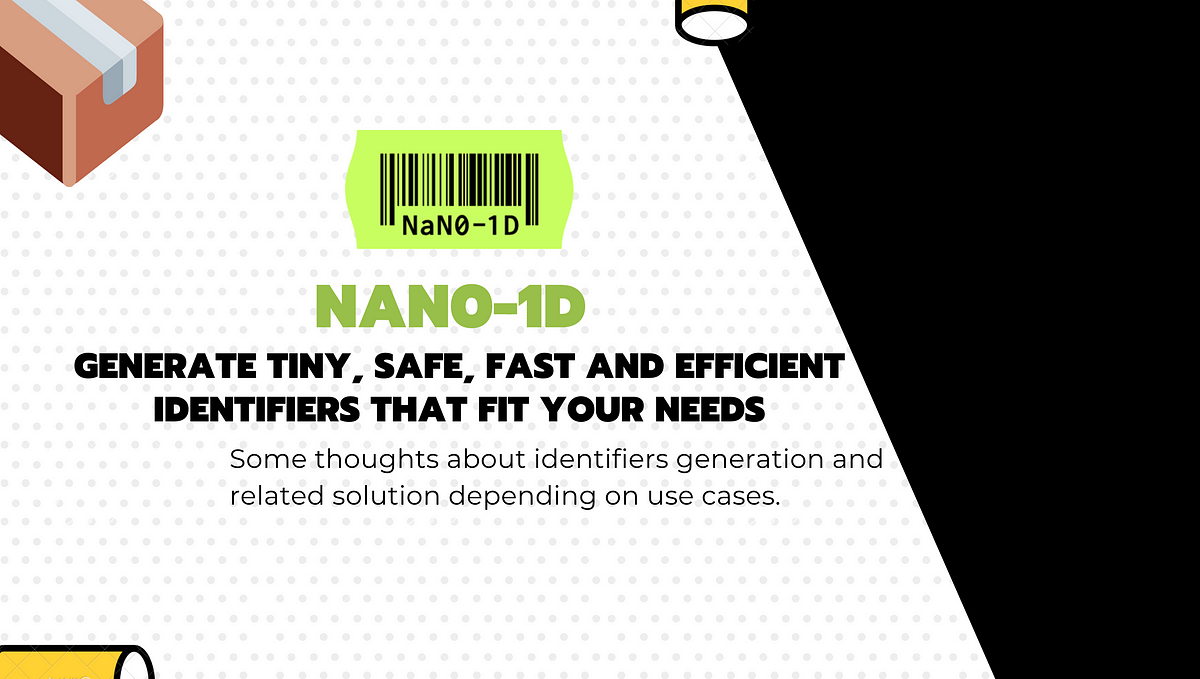
#V4 uuid generator software#
In the 1980s Apollo Computer originally used UUIDs in the Network Computing System (NCS) and later in the Open Software Foundation's (OSF) Distributed Computing Environment (DCE). 6.4 Versions 3 and 5 (namespace name-based).
#V4 uuid generator mac#
6.3 Version 2 (date-time and MAC address, DCE security version).6.2 Version 1 (date-time and MAC address).Information labeled with UUIDs by independent parties can therefore be later combined into a single database or transmitted on the same channel, with a negligible probability of duplication.Īdoption of UUIDs is widespread, with many computing platforms providing support for generating them and for parsing their textual representation. Thus, anyone can create a UUID and use it to identify something with near certainty that the identifier does not duplicate one that has already been, or will be, created to identify something else. While the probability that a UUID will be duplicated is not zero, it is close enough to zero to be negligible.

#V4 uuid generator registration#
Their uniqueness does not depend on a central registration authority or coordination between the parties generating them, unlike most other numbering schemes. When generated according to the standard methods, UUIDs are, for practical purposes, unique. The term globally unique identifier ( GUID) is also used. Import universally unique identifier ( UUID) is a 128-bit label used for information in computer systems. Java does not provide inbuilt API to generate version 5 UUID, so we have to create our own implementation. It is good enough for most of the usecases. UUID.randomUUID() – Version 4ĭefault API randomUUID() is a static factory to retrieve a type 4 (pseudo randomly generated) UUID.

Java does not provide its implementation.

The nil UUID is special form of UUID that is specified to have all 128 bits set to zero.Ī typical UID is displayed in 5 groups separated by hyphens, in the form 8-4-4-4-12 for a total of 36 characters ( 32 alphanumeric characters and 4 hyphens). Since UUIDs are unique and persistent, they make excellent Uniform Resource Names (URNs) with lowest mining cost in comparison to other alternatives. It makes it useful in programming in general. We can apply sorting, ordering and we can store them in databases. To understand how unique is a UUID, you should know that UUID generation algorithms support very high allocation rates of up to 10 million per second per machine if necessary, so that they could even be used as transaction IDs. As a result, generation on demand can be completely automated, and used for a variety of purposes. It requires no central registration process. UUID ( Universally Unique IDentifier), also known as GUID ( Globally Unique IDentifier) is 128 bits long identifier that is unique across both space and time, with respect to the space of all other UUIDs. Also learn to generate version 5 UUID in Java. Learn to generate UUID in Java using UUID.randomUUID() API. Learn what is UUID and it’s versions and variants.


 0 kommentar(er)
0 kommentar(er)
